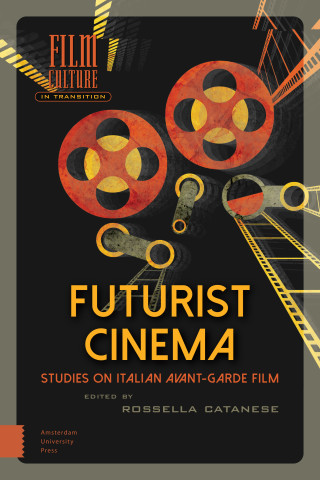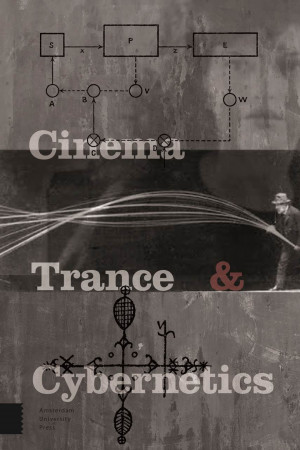"Cinema, Trance and Cybernetics will change the way you see the cinema's past. Through an impressive synthesis of psychology, cybernetics, anthropology and the cinematic arts, it reveals how cinema was born in the scientific laboratory and grew into a machine for controlling, but also emancipating, mental life. Providing a powerful historical account that brings Maya Deren in contact with Vladimir Bekhterev, amongst others, the book shows how cinema ultimately came to shape us into its own image." - Pasi Valiaho, Goldsmiths, University of London

